Worst train routes for making calls & sending texts revealed
EE offers the most solid 4G signal, while Three is best for voice calls - unless you're in St Pancras
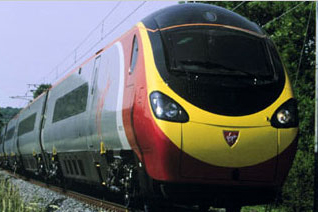

St. Pancras has the weakest mobile phone signal and Three offers the most reliable network for making calls while on the train, research suggests.
Global Wireless Solutions (GWS) measured the best and worst places for phones to browse the internet and make voice calls on ten of the most popular commuting routes in and around London.
Routes included Charing Cross to Sevenoaks, Charing Cross to Dartford, Euston to Watford Junction, Fenchurch Street to Ockendon, Liverpool Street to Broxbourne, Liverpool Street to Manor Park, St Pancras to St Albans City, St Pancras to Elstree and Borehamwood, Victoria to Oxted and Waterloo to Epsom.
Its findings revealed one in three mobile internet connections failed and one in seven voice calls on commuter trains didn't get through at all.
Vodafone, O2, Three and EE were all tested and although Three had the most stable coverage, EE's 4G service came out victorious.
Three out of the four networks rely on 2G connections while travelling at speed, meaning only voice calls could get through and data packets drop out when sending and receiving data during a journey. In fact, those carrying out the research spent 60 per cent of the time on 2G, resulting in negligible data speeds throughout the journey.
O2 was the worst offender for using 2G networks, followed by Vodafone and EE. Because Three doesn't have a 2G network to use, it only dropped to half-rate codecs to decode 8 per cent of voice calls.
Get the ITPro daily newsletter
Sign up today and you will receive a free copy of our Future Focus 2025 report - the leading guidance on AI, cybersecurity and other IT challenges as per 700+ senior executives
Additionally, 23 per cent of 3G data connections and 37 per cent of 4G data connections fail while on the train routes and the worst places for this are St Pancras, Kentish Town and Radlett.
Paul Carter, chief executive of GWS, said: "It'd be great to see networks, rail operators and station-masters taking the lead on improving connectivity for commuters rather than having to be dragged into the 21st Century kicking and screaming."

Clare is the founder of Blue Cactus Digital, a digital marketing company that helps ethical and sustainability-focused businesses grow their customer base.
Prior to becoming a marketer, Clare was a journalist, working at a range of mobile device-focused outlets including Know Your Mobile before moving into freelance life.
As a freelance writer, she drew on her expertise in mobility to write features and guides for ITPro, as well as regularly writing news stories on a wide range of topics.
-
 Nokia and NASA join forces to bring 4G to the moon
Nokia and NASA join forces to bring 4G to the moonNews Cellular service will provide the communications needed for meaningful moon exploration
By Tyler Omoth
-
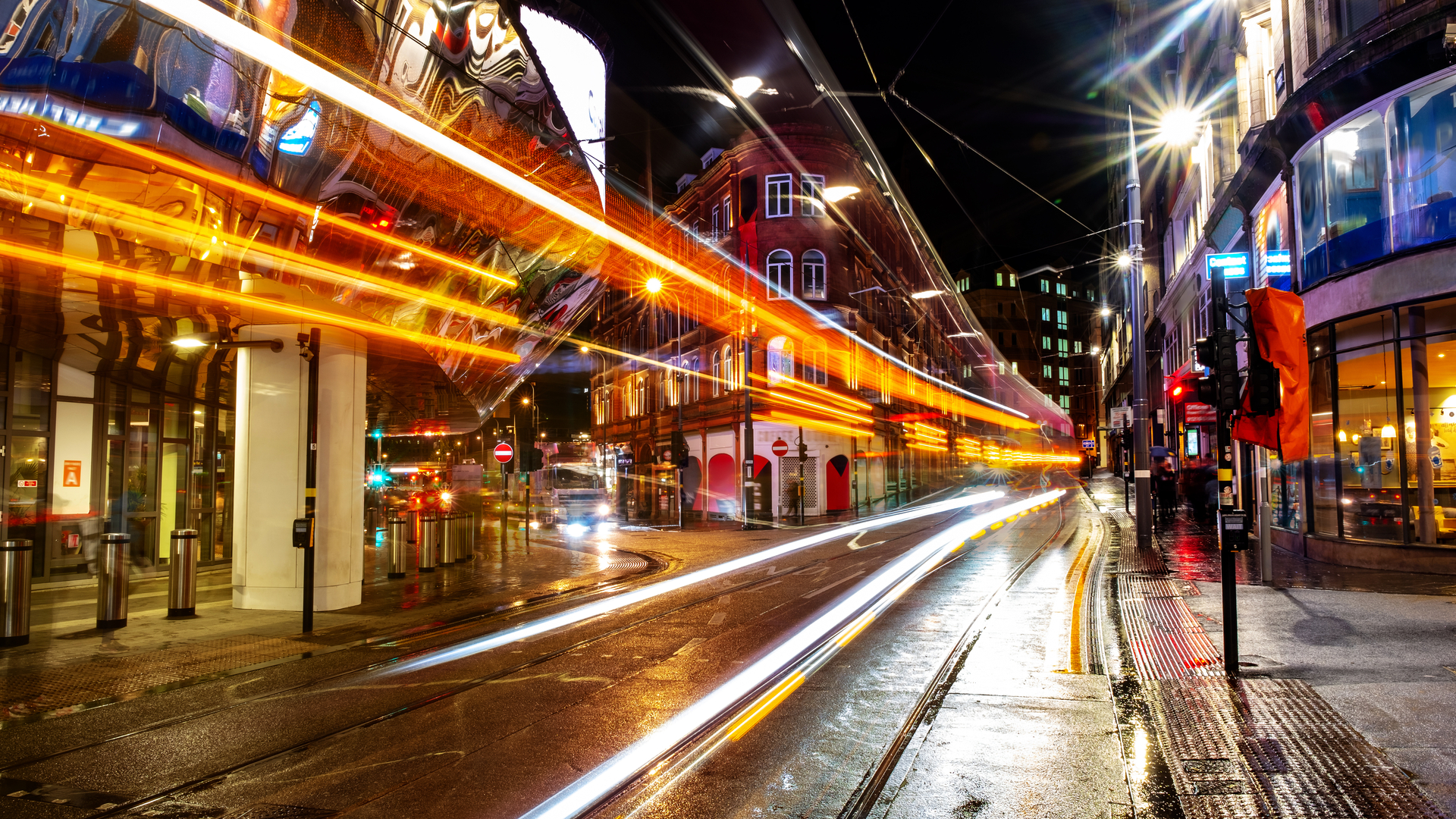 Birmingham crowned the fastest UK city for 4G download speeds
Birmingham crowned the fastest UK city for 4G download speedsNews While Birmingham also recorded the highest speed hike over 2019, London came in at a middling 9th place
By Keumars Afifi-Sabet
-
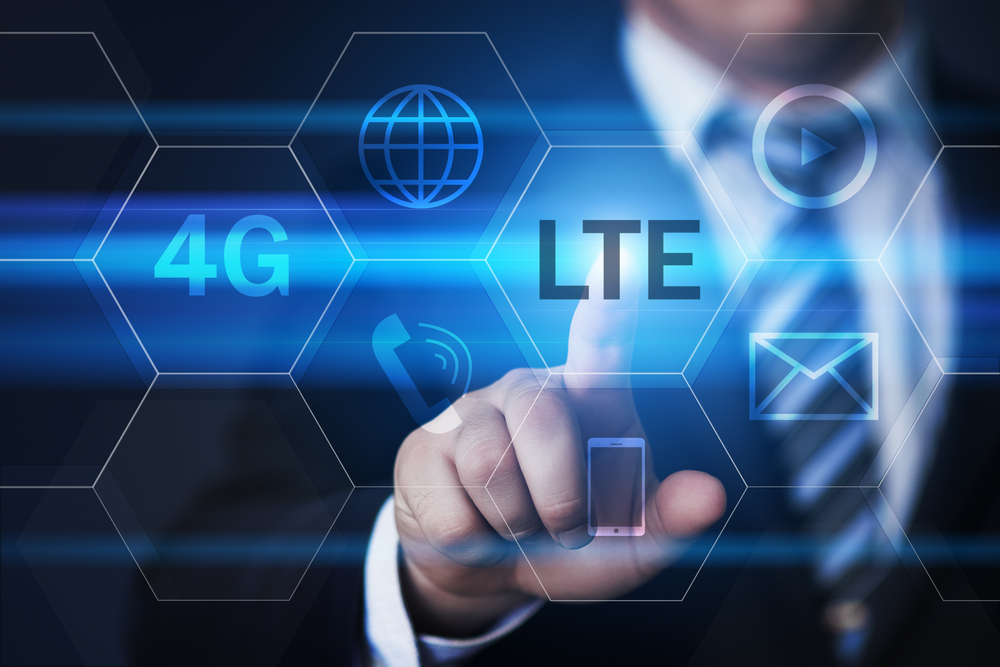 LTE vs 4G: Which is better?
LTE vs 4G: Which is better?In-depth Comparing LTE vs 4G has become common in recent years, but how exactly do they differ, and is 4G faster?
By Jane McCallion
-
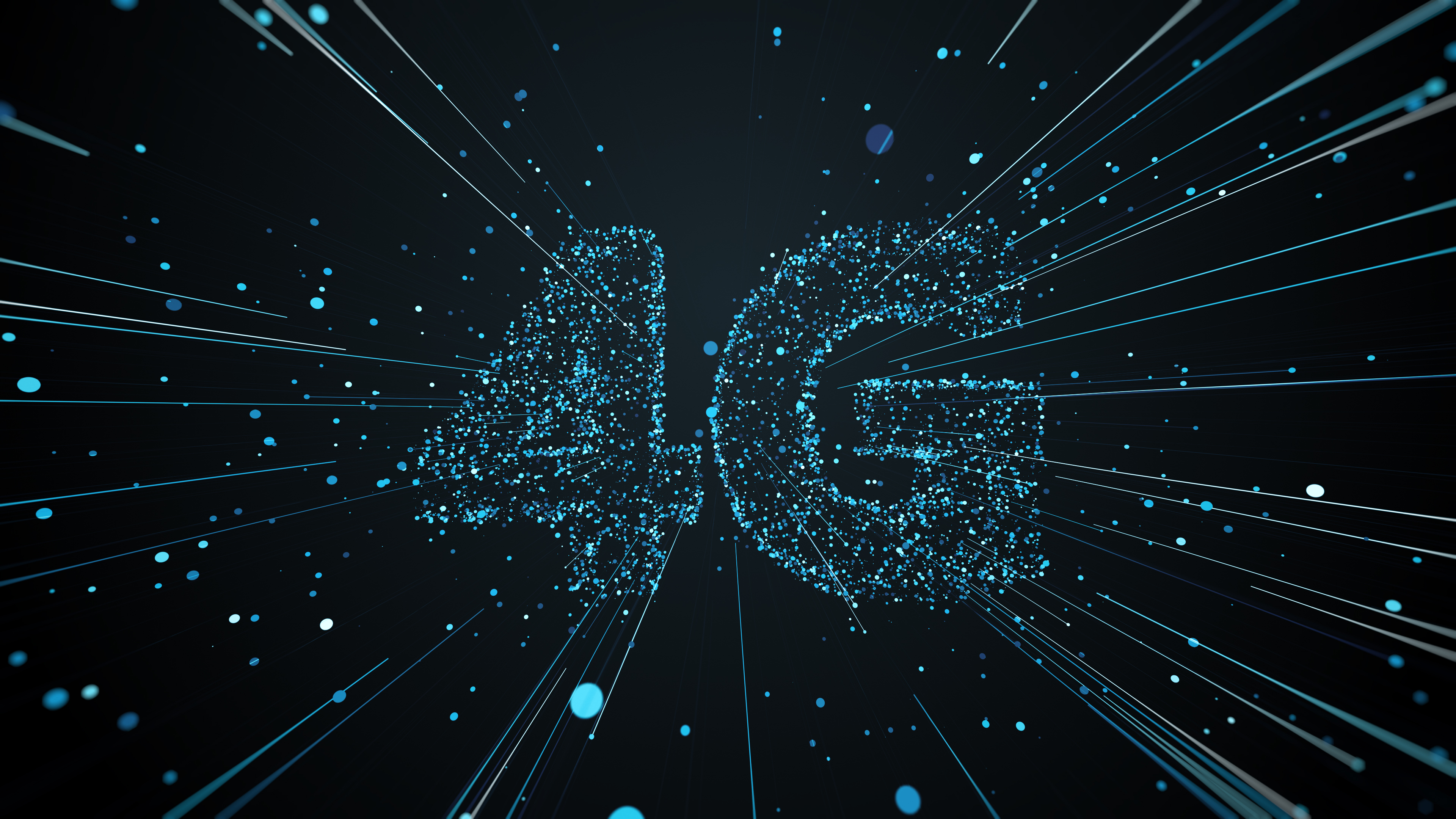 What is 4G?
What is 4G?In-depth A look at the fourth generation of mobile networking technology and its availability in the UK
By Rene Millman
-
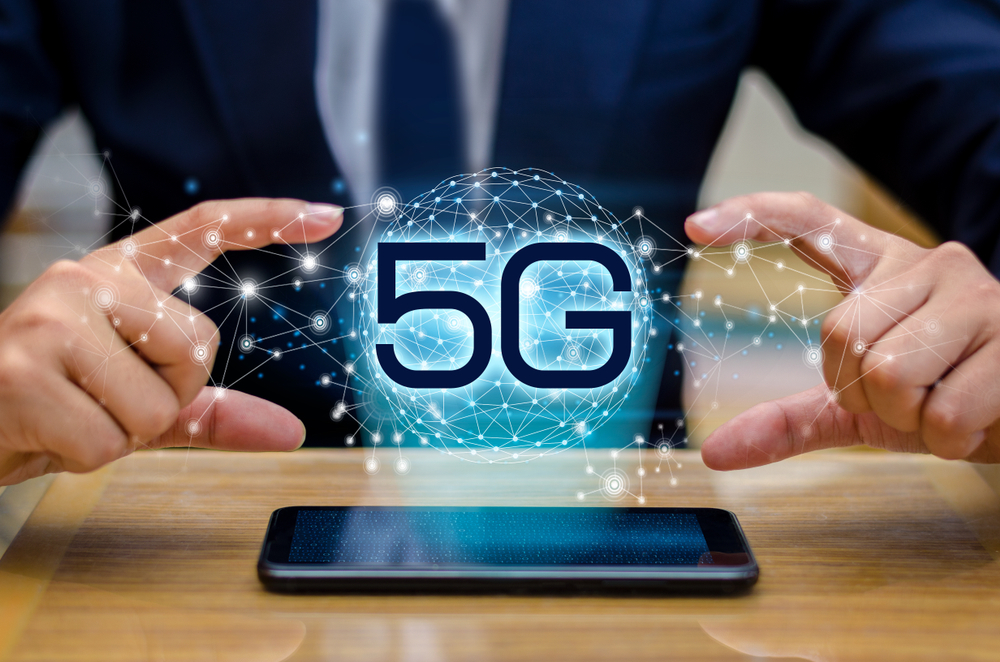 4G vs 5G - what's the difference?
4G vs 5G - what's the difference?Vs From 3G to 4G, mobile connectivity has revolutionised our lives. Now 5G is set to do it again
By Bobby Hellard
-
 The best 4G network
The best 4G networkIn-depth Every mobile provider offers 4G contracts, but which one is the best for you?
By Carly Page
-
 More than a million UK properties don't have access to 'decent' broadband speeds
More than a million UK properties don't have access to 'decent' broadband speedsNews Ofcom's Connected Nations report finds broadband is still lacking across 4% of the UK
By Roland Moore-Colyer
-
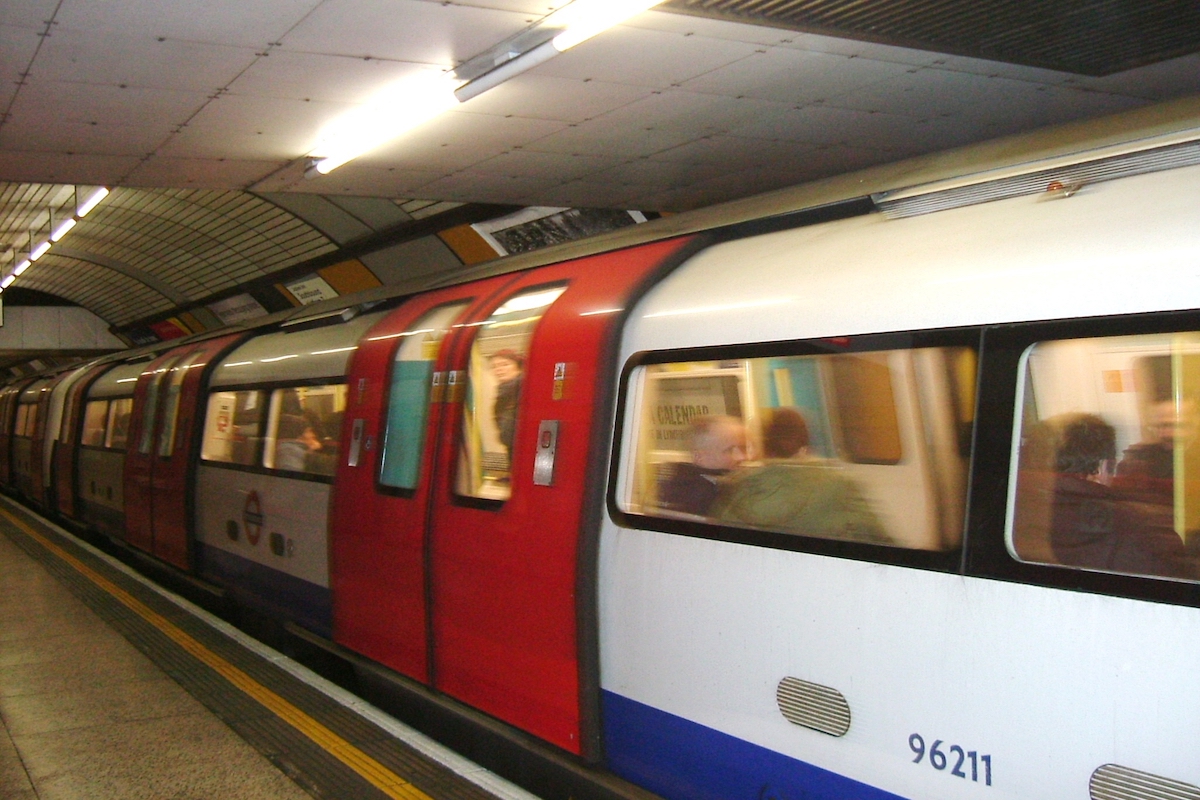 4G London Underground coming in 2019, following successful tests
4G London Underground coming in 2019, following successful testsNews No more internet blackspots, even under ground
By Alan Martin

